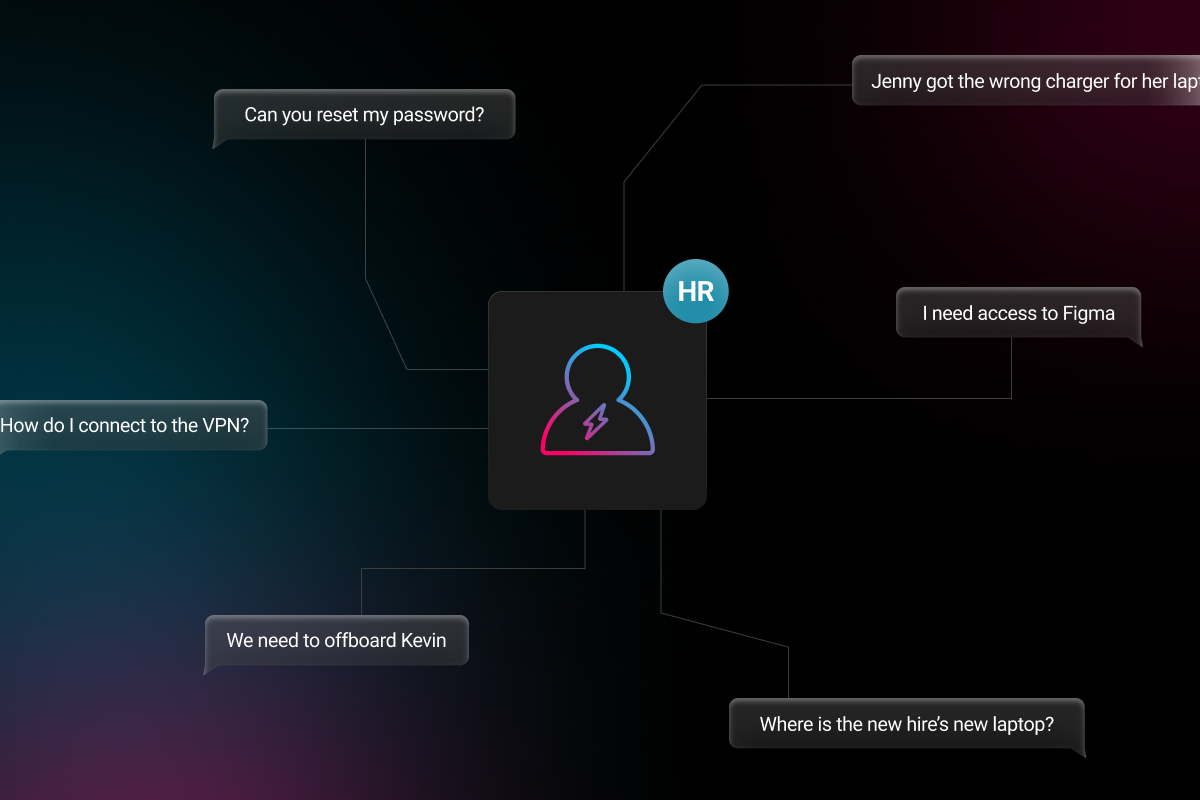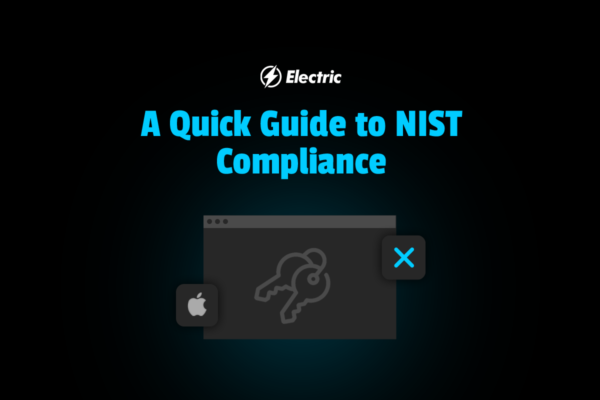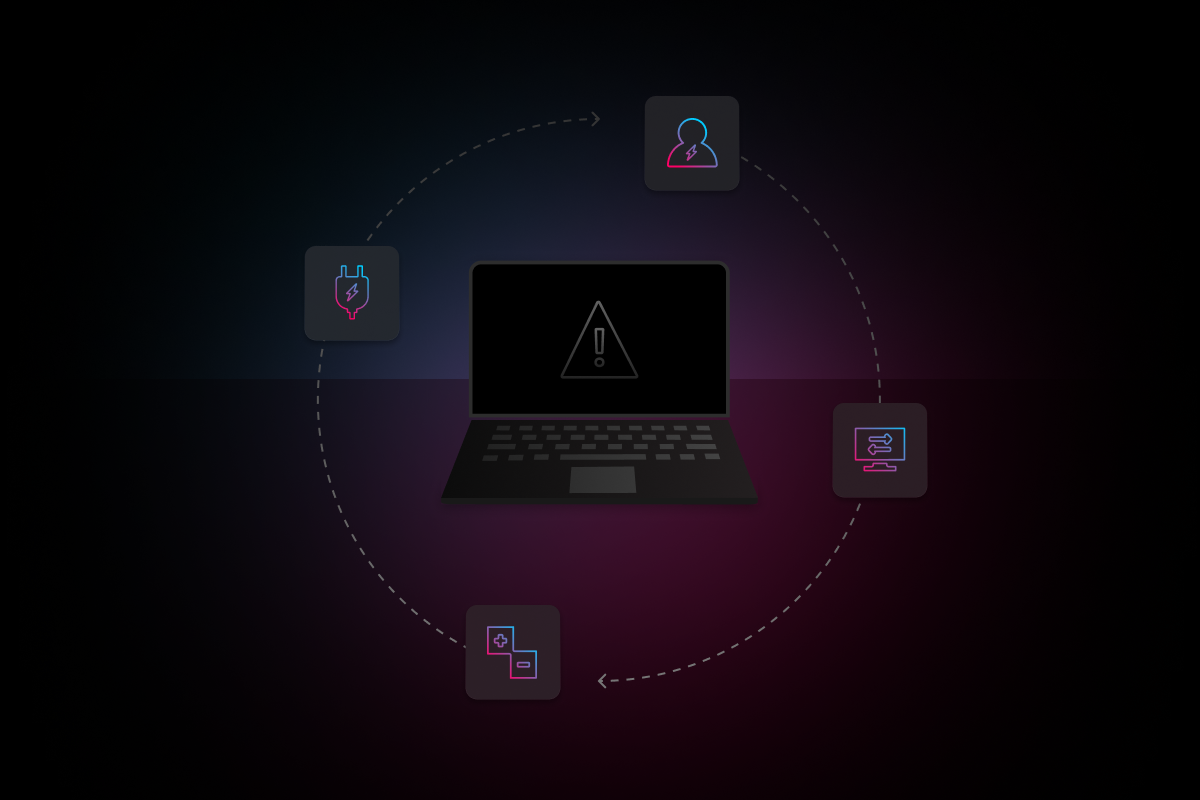
NIST compliance is compulsory for federal contractors. This is why many businesses strive to comply with the requirements of NIST. Failing to comply means losing the chance to get big government projects.
Here is a brief look at NIST compliance.
What Is NIST Compliance?
The National Institute of Standards and Technology (NIST) is a government agency involved in developing technology, standards, and metrics in the science and technology industry. NIST produces standards that ensure federal agencies comply with the Federal Information Security Management Act (FISMA). NIST also develops cost-effective systems to help these agencies protect their information. For example, the Federal Information Processing Standards (FIPS). Another popular NIST standard is the Cybersecurity Framework (CSF).
Cybersecurity Framework
The Cybersecurity Framework (CSF) aims at evaluating security controls through five core areas. These areas are:
-
Identify
-
Protect
-
Detect
-
Respond
-
Recover.
Within the CSF, some sub-standards focus on specific industries. These standards include Federal Information Processing Standards (FIPS) and NIST Special Publications.
The Federal Information Processing Standards provides guidelines for how documents should be processed and handled. Government agencies and contractors apply these standards for encryption algorithms and the management of data. All government computers must comply with FIPS.
The common NIST Special Publications are 800-37; 800-53; and 800-171. NIST Special Publication 800-37 promotes risk management by continuous monitoring of security controls. On the other hand, NIST Special Publication 800-53 is a standard that applies to all subcontractors in the federal supply chain. Lastly, the NIST Special Publication 800-171 applies to unclassified information and affects non-federal organizations.
The Benefits Of NIST Compliance
Complying with NIST is crucial for businesses because it helps secure their infrastructure. NIST also has rules that fit in with what other regulatory bodies require. For example, complying with NIST makes it easier to also comply with FISMA and HIPAA.
Additionally, NIST compliance helps you prioritize actions you need to take to secure data. For example, IT teams can use the NIST framework to identify a business’s weaknesses and address them. Therefore, this framework promotes better cybersecurity for organizations.
NIST also works as a requirement for getting government contracts. Bids for government projects are evaluated based on NIST standards. Therefore, a non-compliant company cannot work for government agencies.
Whom Does The NIST Cybersecurity Framework Affect?
NIST applies to all private enterprises that want to upgrade their cybersecurity. However, it was initially developed to protect the country’s infrastructure. The critical infrastructure sectors that are affected by the NIST include:
-
Commercial facilities
-
Manufacturing industry
-
Chemical industry
-
Defense industrial base
-
Transportation systems
-
Food and agriculture
-
Financial services
-
Healthcare and public health
-
Nuclear reactors and materials
-
Water and wastewater systems
Non-governmental entities like research organizations and universities have also embraced this framework. The NIST framework is generally helpful to businesses for risk assessment and tight security measures.
How To Gain NIST Compliance
When it comes to NIST compliance, there is no NIST certification required. However, organizations and vendors are required to self-certify their security measures. Failing to comply with NIST standards means losing out on a government contract. If you are involved in a government contract, your business may face criminal charges for not adhering to standards indicated in the contract.
NIST compliance involves five key areas.
1. Document All Controls
First, you must document all controls. Organizations should have processes, policies, and plan documentation for all security domains.
2. Multi-factor Authentication for Network & Remote Access
Another element of NIST compliance is multi-factor authentication for network and remote access. Some of the authentication factors include a password, fingerprint, or mobile phone number. To succeed at this level, an organization should apply two or more different factors—for example, the use of a fingerprint and password on a single platform.
3. Incident Response
Incident response is another level of NIST compliance. Organizations should be capable of responding to incidents. This involves preparation, detection, analysis, containment, recovery, and user response. An organization should also be capable of tracking, documenting, and reporting incidents.
4. FIPS Validated Cryptography
FIPS validated cryptography is also critical to NIST compliance. This protects unclassified information. An organization must implement FIPS-validated cryptography on its mobile platforms like laptops, tablets, and cell phones. All removable media should also be protected through transmission over communication avenues that are not covered.
5. Training & Awareness Controls
Lastly, an organization should have training and awareness controls. These measures should include on-boarding and periodic refresher training sessions for all users. Everyone in the organization who is privy to sensitive information should undergo training for roles that affect the organization’s security.
In Conclusion
NIST compliance is important for both government and non-government entities. The compliance requirements focus on protecting sensitive information and help organizations come out as reliable and secured against cybercriminals.
The latest standards for NIST are particularly helpful for businesses in the private sector. The document dubbed ” Draft Special Publication 800-171” provides guidance on how to protect sensitive unclassified information. Therefore, NIST standards are not only relevant for those seeking government contracts but also for private practices.
The above guest post was submitted to Electric’s blog by Reciprocity Labs.


